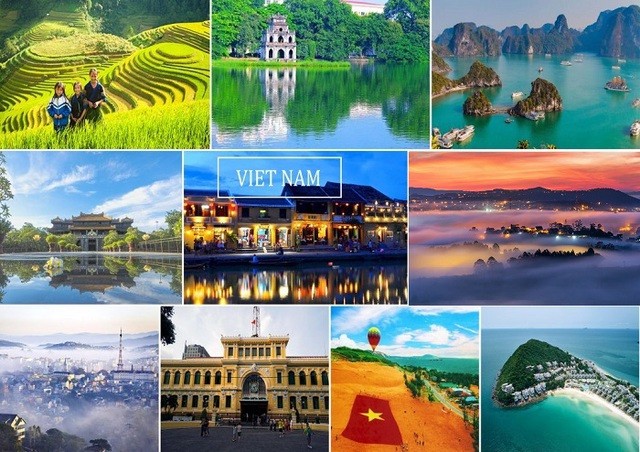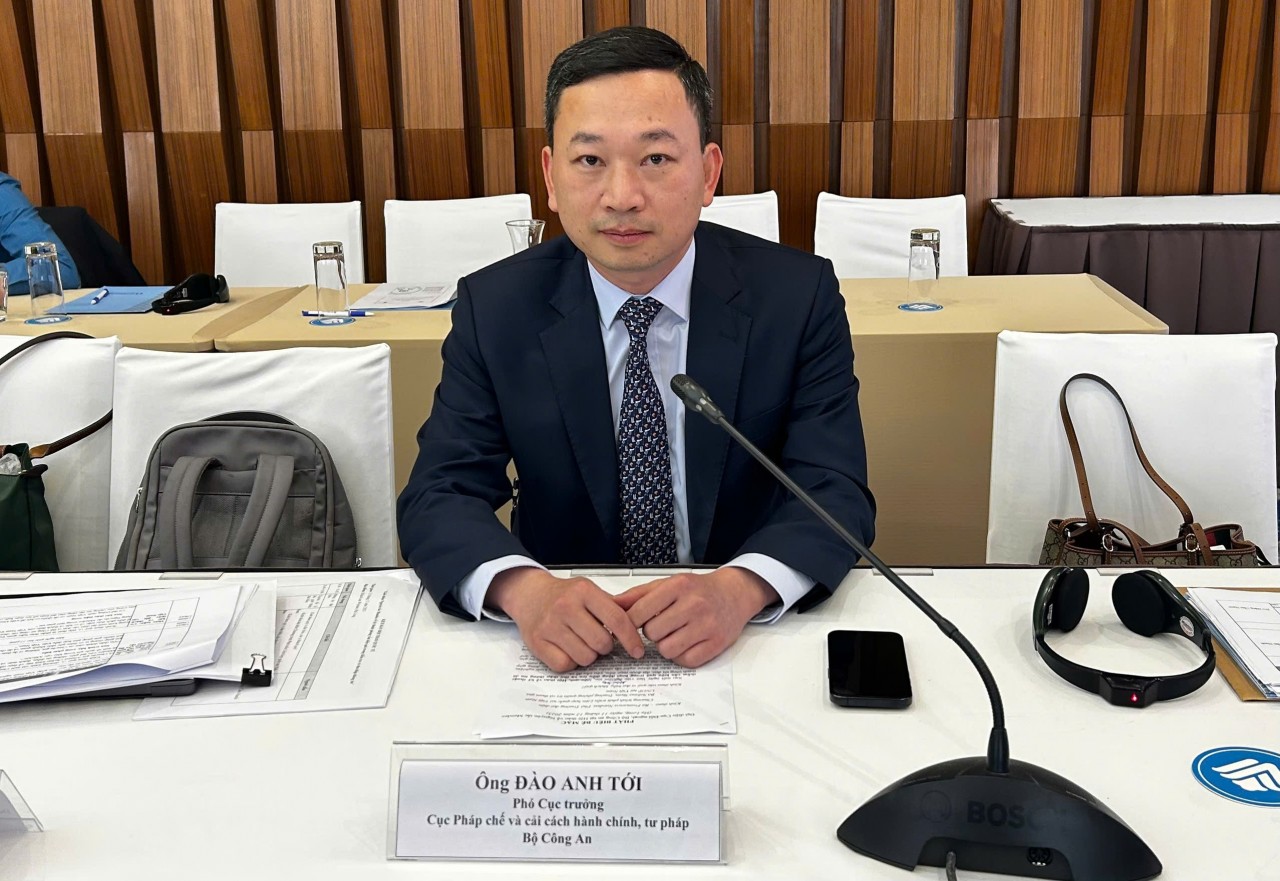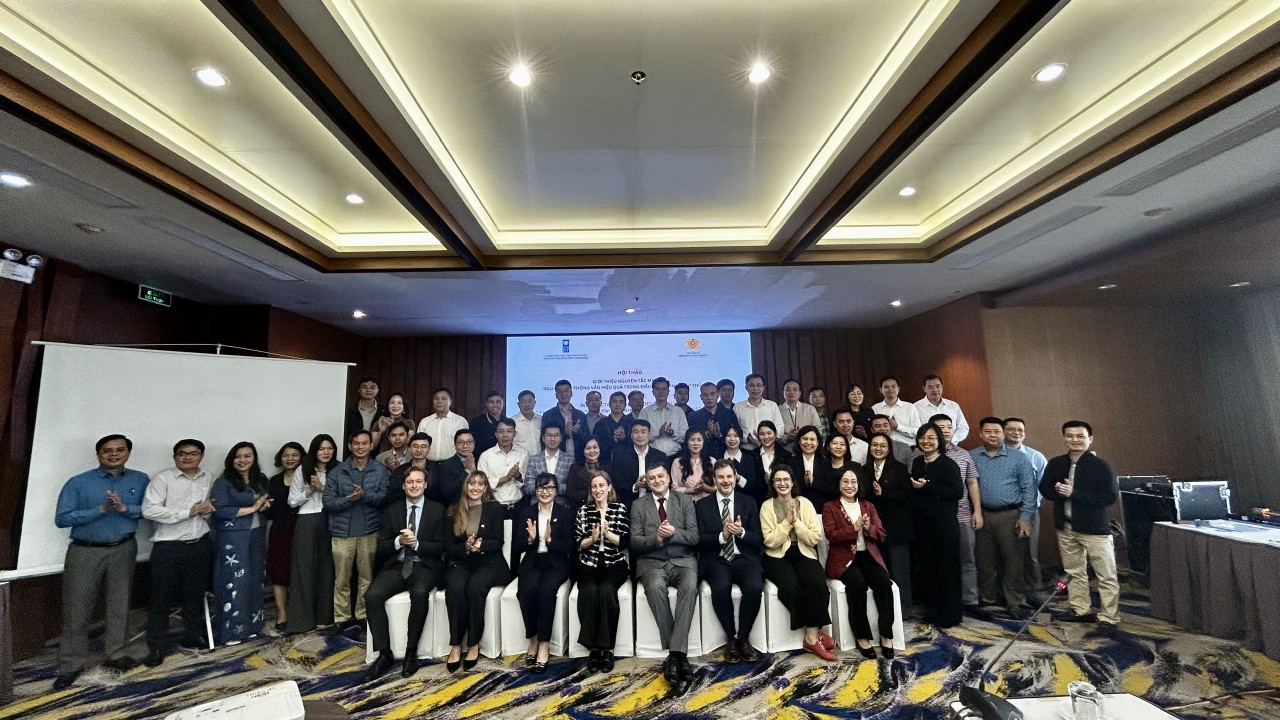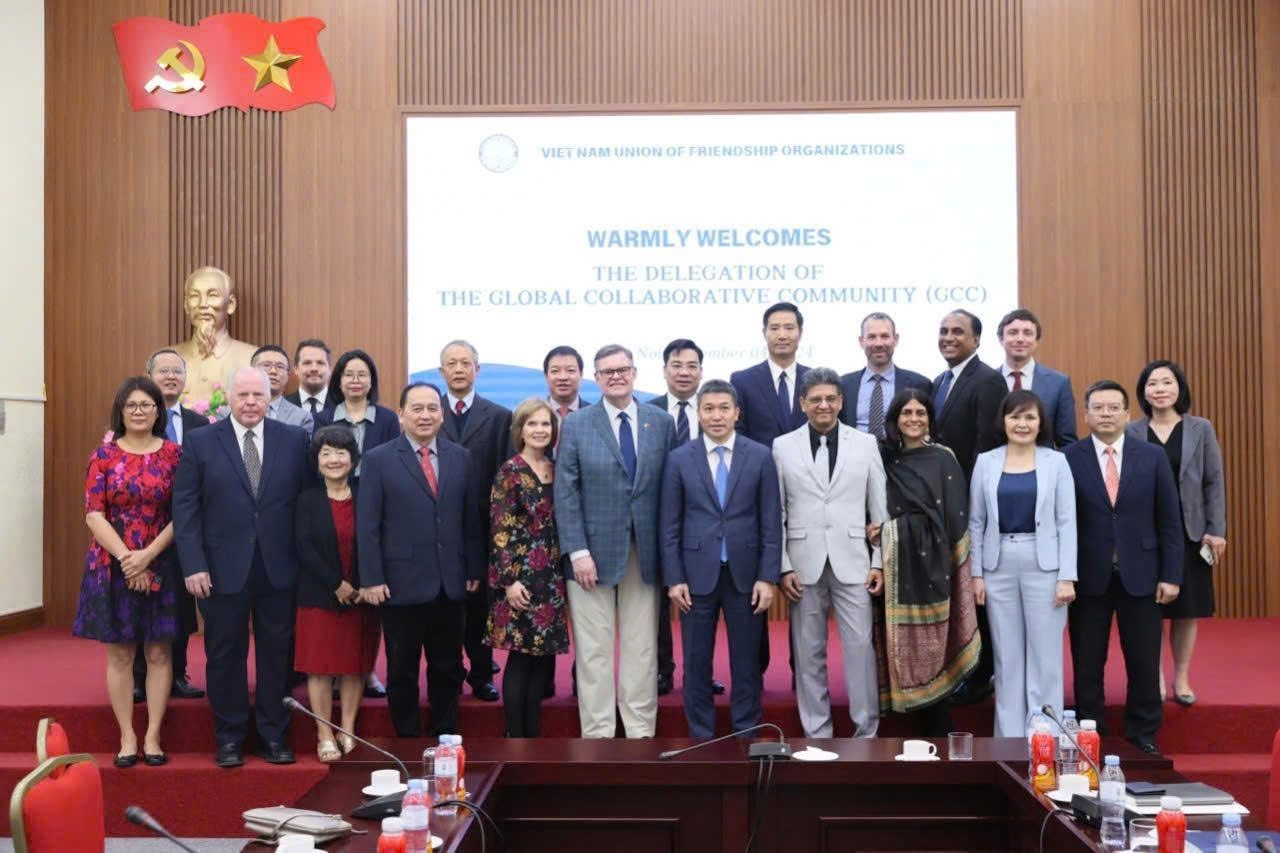'I am Sure Vietnam will Continue to Share Values Relating to the Rights of Women and Children'
The 77th session of the United Nations General Assembly was held in New York, the USA, on October 11, in which it elected 14 countries to be members of the United Nations Human Rights Council for the 2023-2025 tenure, including Vietnam.
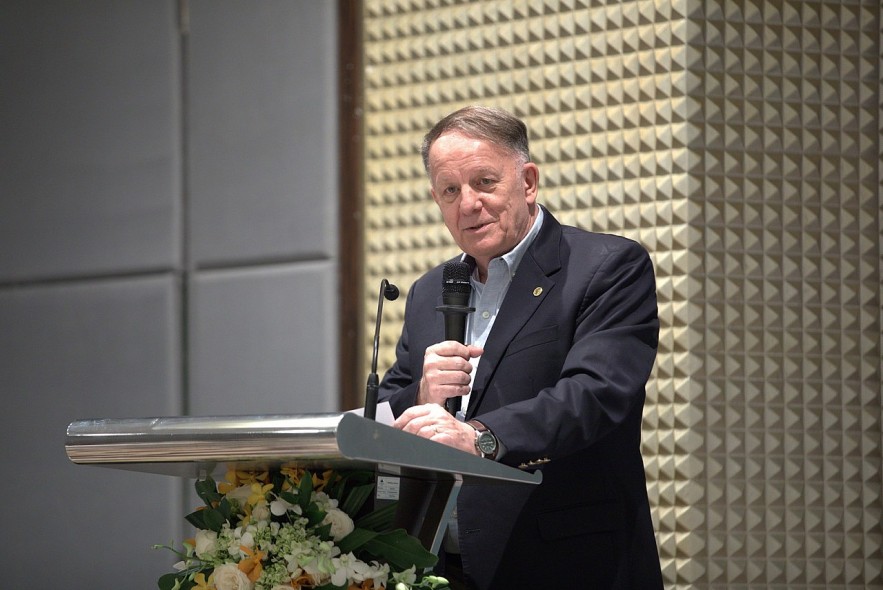 |
| Rad Kivette - CEO of VinaCapital Foundation (Photo: VinaCapital Foundation) |
1. How do you assess Vietnam’s successful election?
I am so proud that Vietnam has been elected to another 2-year seat on the United Nations Human Rights Council, the second time in eight years. It is clear that the UN membership as well as the rest of the world understand and appreciate what I witness every day as I work nationwide in Vietnam.
Vietnam's commitment to human rights, its ability to lead on the world's stage and their strong belief in the right to life, liberty and the pursuit of happiness for everyone leave no one behind.
2. What should Vietnam focus on well perform its role as a member of the United Nations Human Rights Council?
Vietnam should focus on and continue to promote respect for the protection of all human rights and basic freedoms. Vietnam and the council will also address situations in member states who violate human rights, especially serious chronic violations, and make recommendations to mitigate these breaches.
Personally, I hope Vietnam uses its influence to promote the human rights agenda. Vietnam's focus has been on the foundational issues that lie at the heart of so many of the thirty articles embodied in the Universal Declaration of Human Rights underpinned by appreciation and respect for diversity, the inclusion of all Vietnamese in the phenomenal economic growth of the country, rapid poverty reduction and the equal protection of all citizens.
Over the last 20 years in Vietnam I have witnessed impressive progress in women's rights, gender equity and the basic rights of children. I am hoping that they continue to focus on the rights of women and children, especially in parts of the world that need leadership and understanding in these areas.
3. What advantages and disadvantages does Vietnam have in protecting human rights, especially for women and children?
Vietnam has real advantages in a number of historical and contemporary contexts relative to women. For example, women's historical ability to earn respect in areas usually reserved for men in other countries, women's reserved and patient approach to improving their human rights, their deep devotion to family and enormous capacity to work hard and smart handling family and employment 24/7 without any complaints.
Historically, Vietnam is the only country I know of in the world that has a long, star-studded history of female warriors, starting with Au Co who gave birth to the Hung Kings. Hai Ba Trung sisters were the two powerful female generals of the rebellion against the Han Chinese. Ba Trieu, fighting the Mongols 2 thousand years ago said, "I'd like to ride storms, kill orcas in the open sea, drive out the aggressors, reconquer the country, undo the ties of serfdom, and never bend my back to be the concubine of whatever man."
The inclusion of women at the decision-making tables is not a new idea for Vietnam at all. In the late 1970s about 44% of the National Assembly members were women. This has dropped to about 30.26% in Vietnam currently but is on the increase. Vietnam has a higher percentage of women in legislator bodies, compared to other regions, namely Asian countries (18%), the world (24%), the USA (27%, Senate and House of Representatives).
Another advantage that Vietnam has in protecting human rights is that 85% of the population is one ethnic group, Kinh. A homogeneous population is always a valuable advantage in creating a durable national identity. Common cultures share values naturally, agree on definitions of 'rights' and 'structure trust' parameters of both leadership as well as those being governed.
However, this highlights the one disadvantage - the 15% of the population that comprise 53 different ethnic groups. The government protects and seeks to improve the lives of the ethnic people and has specific laws and programs in place to do so.
4. How do you assess Vietnam's efforts in protecting the rights of women and children in recent years?
I am very positive about Vietnam's past and present performance in areas related to the rights of women and children or human rights in general.
I know firsthand today, and have witnessed for 20 some years, that the government of Vietnam in every province with Hanoi central government leadership is committed to preserving the peace, leaving no child behind, protecting and increasing the rights of women and other genders, and creating a level playing field for all to enjoy clearly defined freedoms and their human rights as the middle class grows and Vietnam becomes an upper-income country.
I work everyday side by side with various government ministries across Vietnam and I see the exercise, protection and encouragement of human rights especially as it relates to women and children. I see a lot of work left to do, but I also see a very bright future for all Vietnamese. This solid track record, knowledge, commitment and vision will be positive for UNHRC.
5. What do you expect Vietnam to contribute as a United Nations Human Rights Council member in the coming term?
Aside from my answer in number one above, I expect Vietnam to contribute knowledge, respect and leadership. I am sure this Vietnamese leadership will be balanced, and in a world that appears to reject any notion of balance, the Vietnamese approach to freedom and human rights will be invaluable to the council and the world.
The Vietnamese government engenders and espouses 'mutual respect' in all its activities. Mutual respect must always be accompanied by 'dialog and cooperation.' These are principles that Vietnam will share on the council and practice as an example to the world. As a world, we must find common ground as often as possible to draw us together, but also be willing to respect others who may have a different approach to the preservation of peace in their individual countries. Independence for any and all countries is a sacred non-controversial universal foundation pillar. Freedom's application for a country must be viewed through the lenses of national historical cultural mores.
Happiness results from many social, economic, hereditary and political factors. Vietnam will contribute these principles to the council and these principles will become important tools that will enable the council to perform its responsibilities and shape the future human rights debate.
Thank you for the interview!
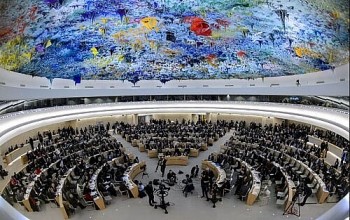 | Vietnam Shares Achievements in Human Rights Protection at UNHRC At the United Nations (UN) Headquarters in Geneva, Switzerland on January 28, a high-level meeting took place within the framework of the 49th regular session ... |
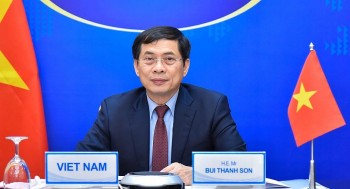 | Vietnam Ready to Uphold Principles of UN Charter, International Law: Foreign Minister Vietnam stands ready to work closely with other member states and stakeholders to uphold the principles of the UN Charter and international law, and strengthen ... |
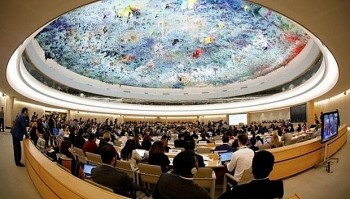 | Vietnam Wants to Join Global Efforts to Promote Human Rights: FM Vietnam wishes to contribute to global efforts to promote and protect human rights by running for a seat at the UN Human Rights Council (HRC) ... |
Recommended
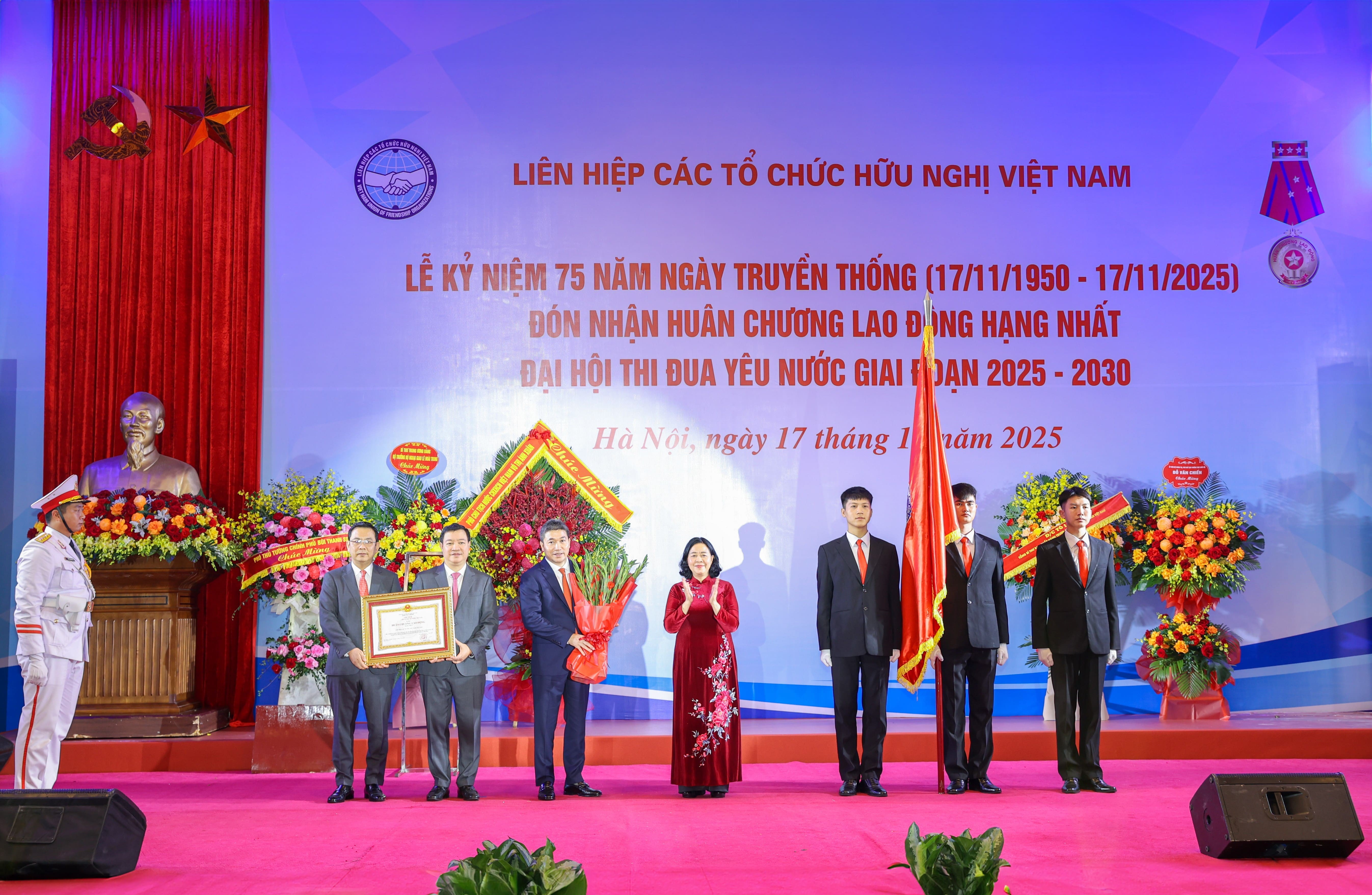 Friendship
Friendship
People-to-People Diplomacy: Change to Reach Further
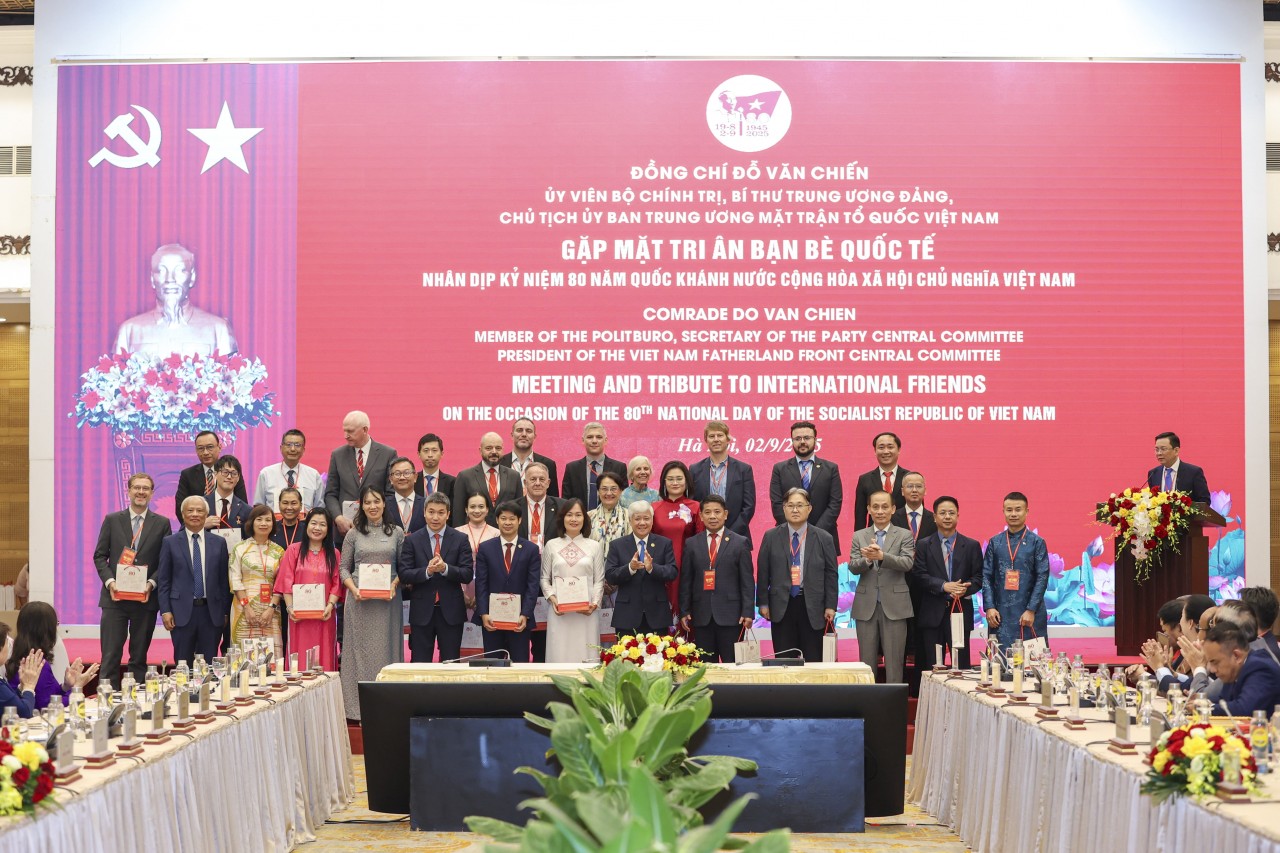 Focus
Focus
Outstanding Highlights of Viet Nam’s People-to-People Diplomacy in 2025
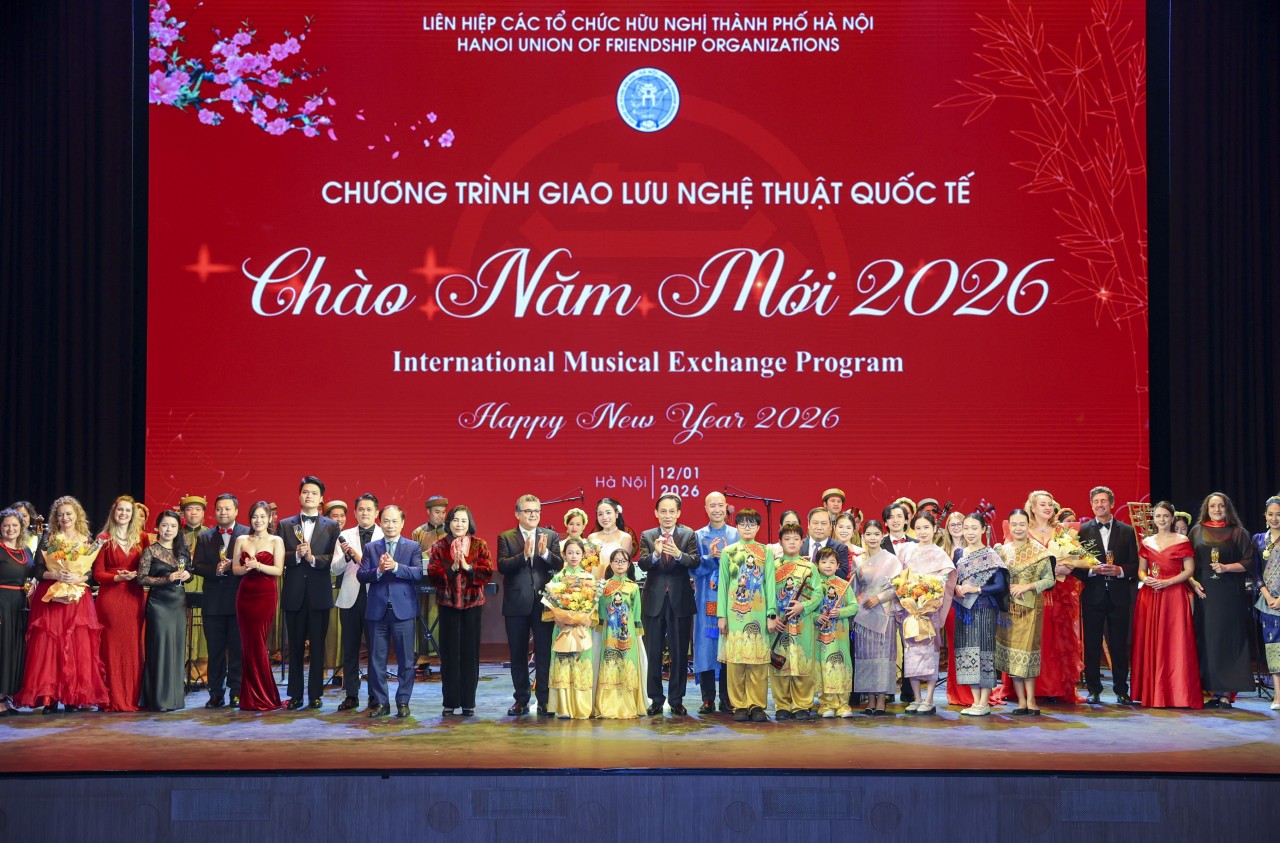 Friendship
Friendship
Hanoi Union of Friendship Organizations: Spreading Values of Peace in Heart of Capital
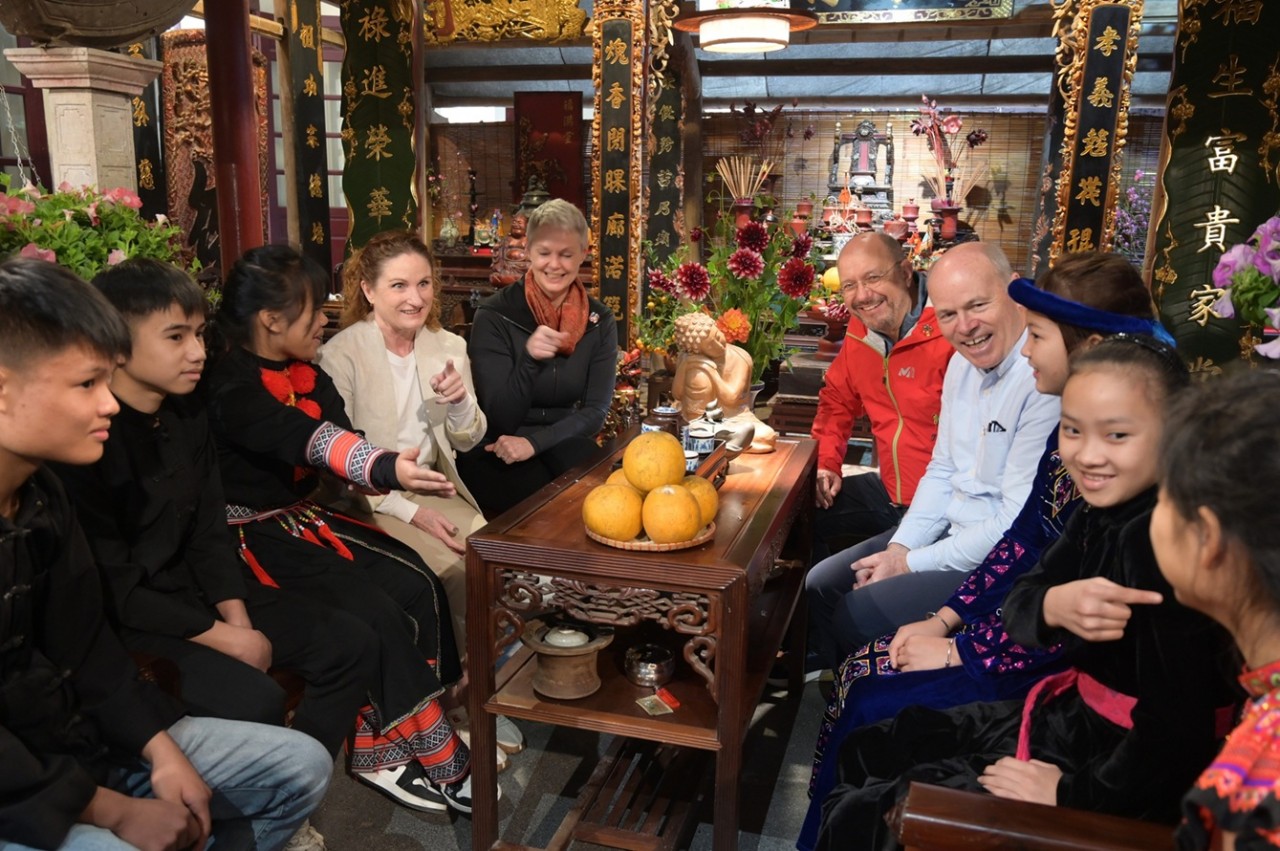 Friendship
Friendship
G4 Ambassadors to Vietnam Extend Greetings for the New Year of the Horse
Popular article
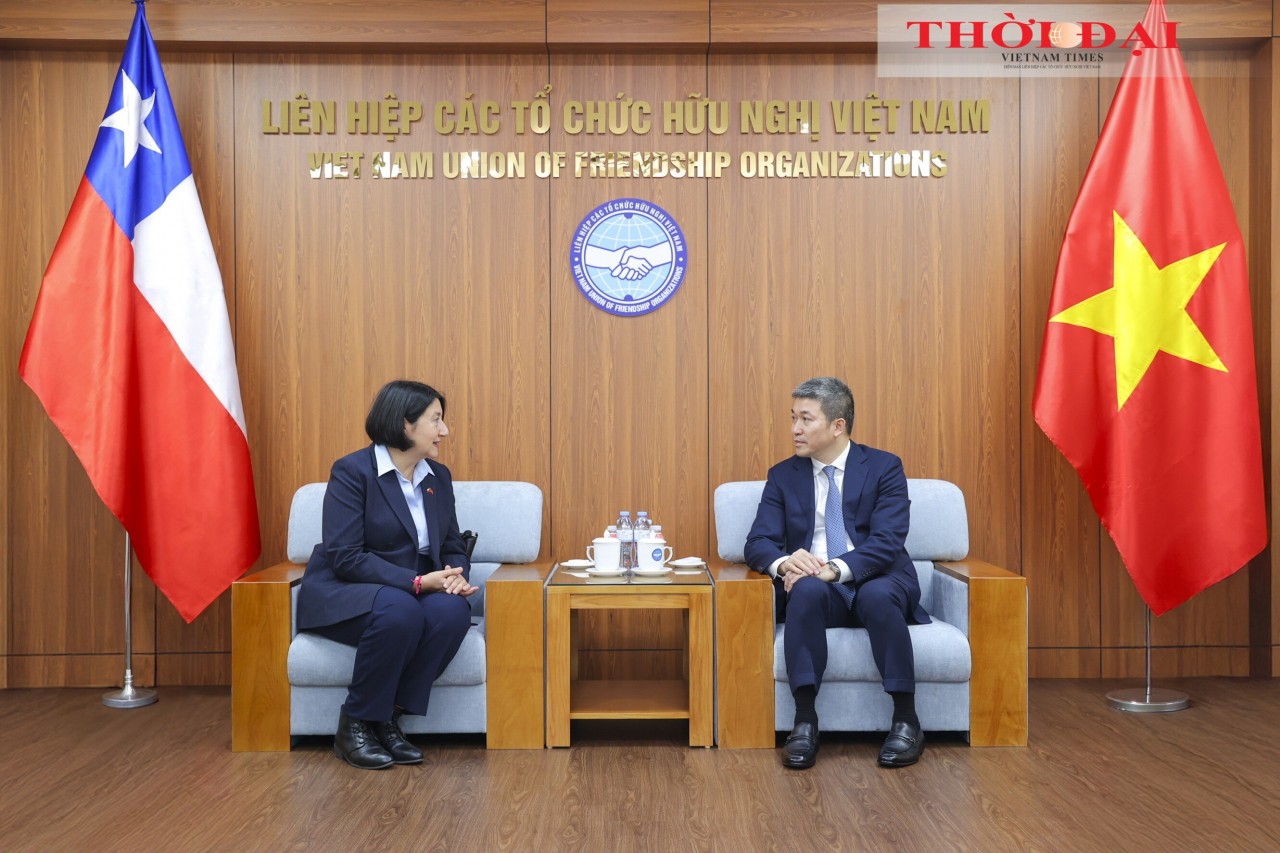 Friendship
Friendship
Promoting People-to-People Cooperation on the Occasion of the 55th Anniversary of Vietnam-Chile Relations
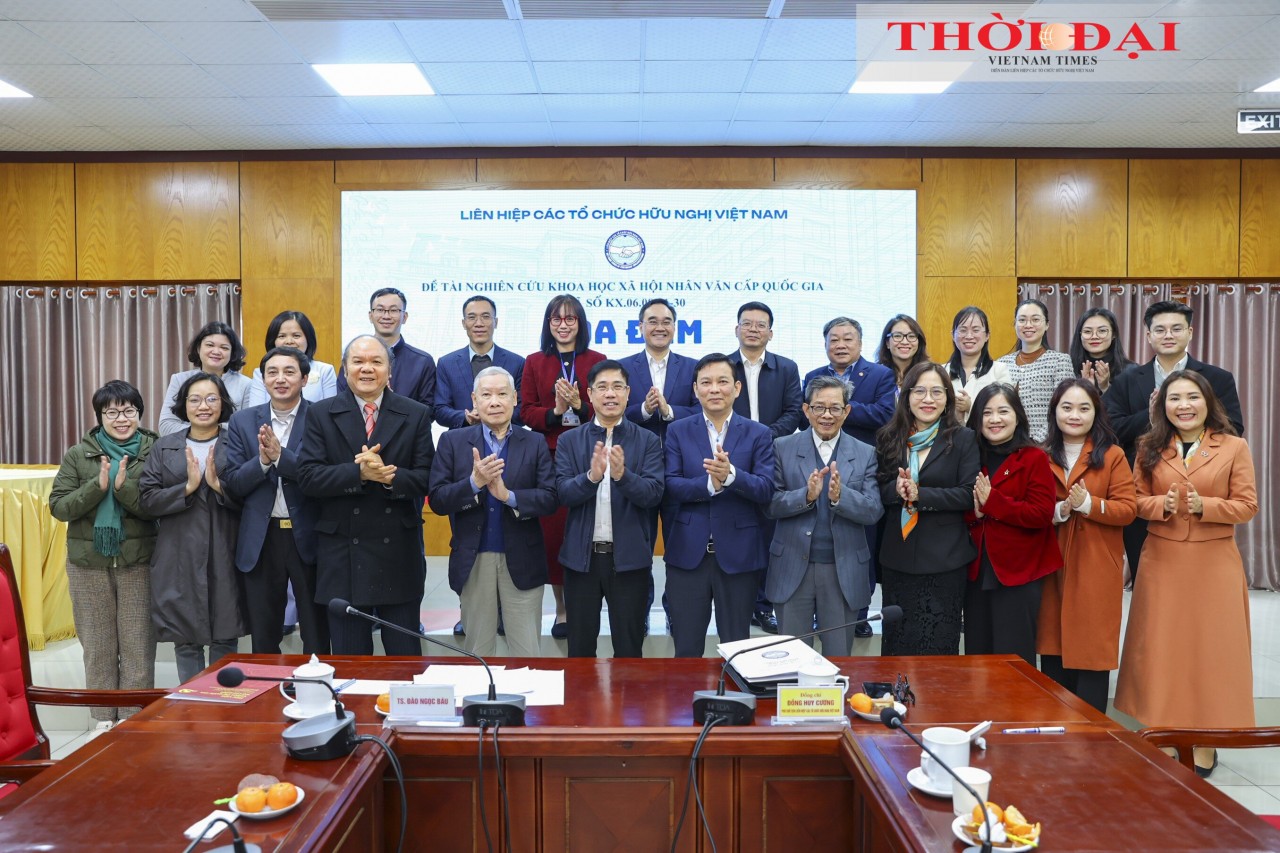 Focus
Focus
Seminar on “The Scientific Foundations of People-to-People Diplomacy in the World”
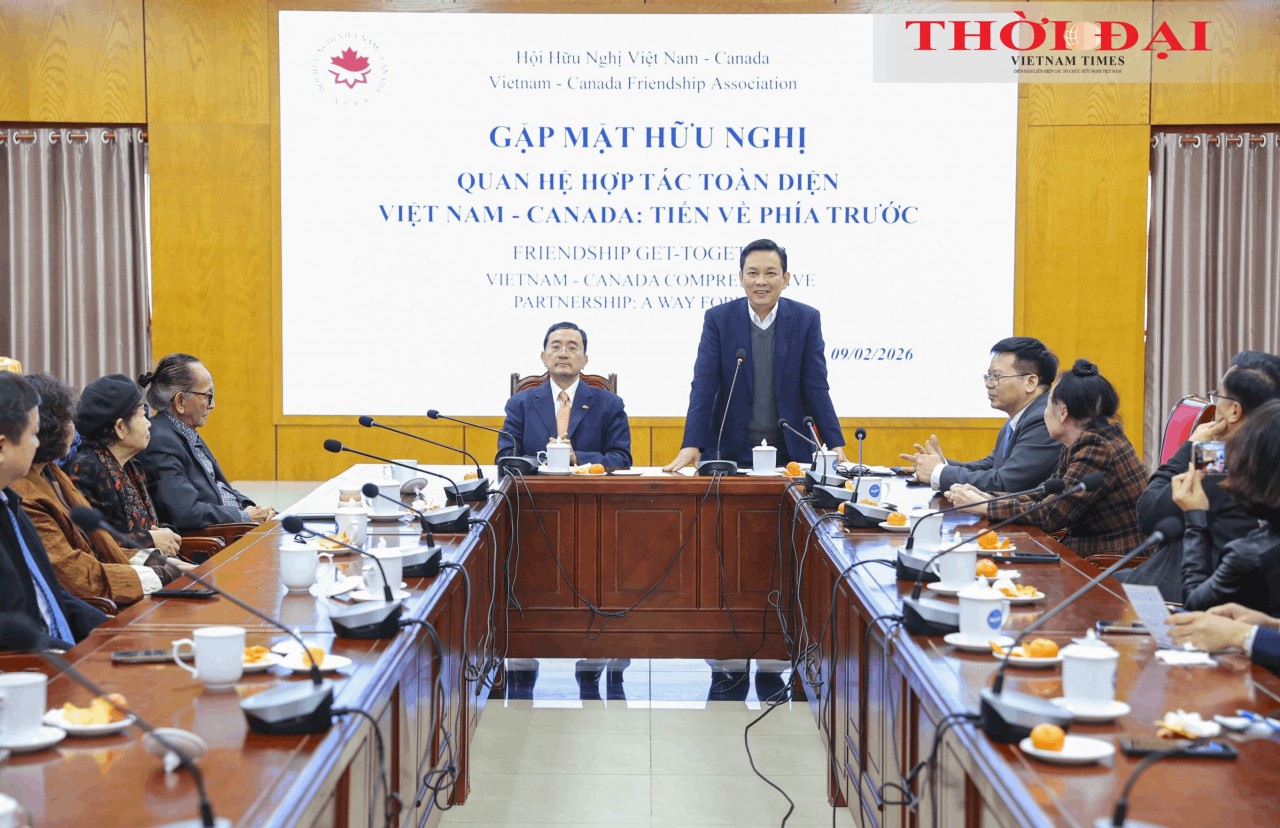 Friendship
Friendship
Vietnam-Canada Friendship Meeting: Advancing Comprehensive Cooperation through People-to-People Diplomacy
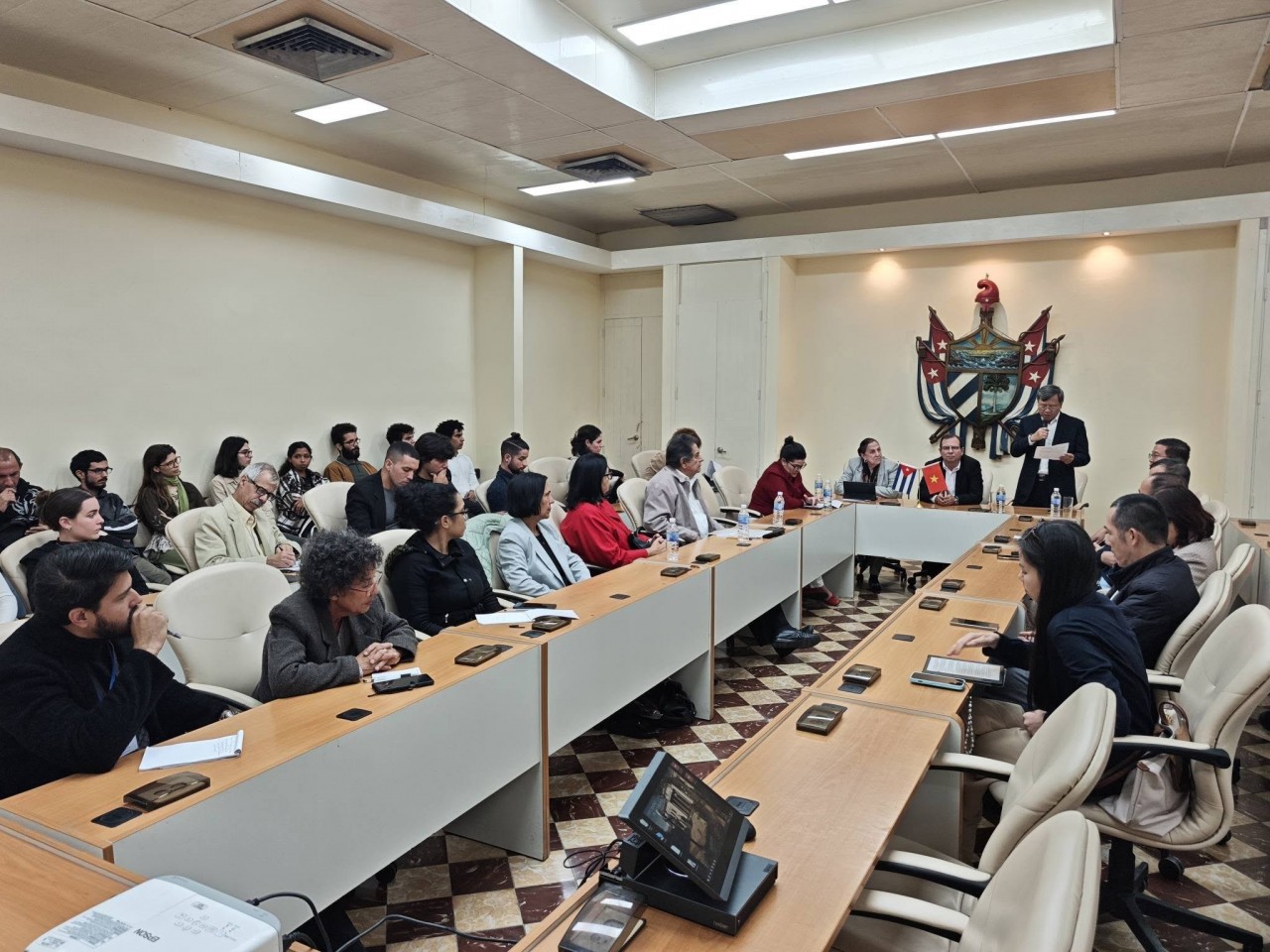 Friendship
Friendship




